Promoting Justice and the Rule of Law in Libya
Since its establishment in Libya in 2012, NPWJ has organised several workshops and trainings with civil society on various aspects of transitional justice and human rights, including on the human rights of women, children, minorities and other vulnerable groups, including in Benghazi, Houn, Misurata, Sebha, Sebrata, Tobruk, Tripoli, Yefren and Zawia, working with local groups and activists in each of these areas. In April 2015, NPWJ left the country due to the deterioration of the security situation.
In 2018, No Peace Without Justice resumed its operations in Libya in partnership with UNICEF, working in particular on the Rights of the Child. NPWJ is currently working on the promotion of an enabling legal environment for the respect of human rights. In that sense, some activities were developed focusing on the need for capacity building, with two major target groups: civil society organisations on the one hand, and government institutions and independent national institutions on the other hand.
The activities aim to tackle the challenges currently faced such as limited knowledge of international conventions, distrust, lack of access, and insecurity. It also outlines the context of the Libyan civil society, which is characterised as young, fragile, and facing legal and operational constraints. Building on the success of this experience with UNICEF, NPWJ launched, in August 2020, an ambitious program that would allow the government to prepare and submit its various overdue reports to the different human rights treaty bodies and to initiate an inclusive national debate on many sensitive human rights issues with financial support from the European Union and Canada.
In the framework of this program, NPWJ supported the efforts of the Libyan Government to establish a permanent inter-ministerial national mechanism for the drafting of periodic reports and follow-up of the TBs recommendations as a National Mechanism for Reporting and Follow up (NMRF), according to the guidelines of the United Nations. NPWJ assisted the NMRF in the collection and analysis of all relevant information, to enable the Libyan Government to fulfil its obligations to the Human Rights Treaty Bodies, as well as to other regional and international mechanisms, and to build the capacities of the Libyan Government in this area. The same program will also benefit civil society organisations.
The NPWJ initiatives in Libya aim to create a more just and rights-respecting society in Libya by improving the justice system, enhancing human rights reporting and collaboration, and fostering accountability. It aligns with national strategic goals, international initiatives, and recommendations from various sources, all while keeping in mind the broader global development objectives.
Methodology
Our approach in Libya and elsewhere is based on the principles of national ownership and national leadership. We don’t replace national actors. We support them, from a human rights principled perspective, and accompany their efforts to reach their objectives. NPWJ is providing the same support to both governmental entities and Civil Society Organisations.
The proposed initiative arises from insights gathered by NPWJ through discussions with Libyan stakeholders and target groups. Its primary focus is on cultivating an enabling atmosphere for reinforcing the rule of law and harmonising the Libyan legal framework with global human rights norms. This will be achieved by advancing access to justice, advocating equitable trial procedures, and bolstering collaboration with regional and international human rights mechanisms.
Partners and Donors
Since the inception of our work in Libya, funds have been generously provided by the European Commission, UNICEF, UNDP, the United Kingdom Foreign and Commonwealth Office, the Italian Ministry of Foreign Affairs, the government of Netherlands and the government of Canada.
In addition to a close partnership with multiple local civil society actors and organisations as well as the Libyan public institutions, our activities were implemented in collaboration with various national and international actors, such as the International Humanitarian Law Centre (IHLC), UNSMIL and OHCHR.
Objectives
Objective 1
Providing training and expertise to the judges and prosecutors who were charged with the enormous task of dealing with those suspected to have committed or directed atrocities during the conflict.
Objective 2
Raising awareness of transitional justice throughout Libya.
Objective 3
Establishing a permanent inter-ministerial national mechanism for the drafting of periodic reports
Methodology
NPWJ supports local actors, from a human rights principled perspective, and accompanies their efforts to reach their objectives.
Support our commitment
for the protection and promotion of human rights, democracy, the rule of law and international justice throughout the world.


